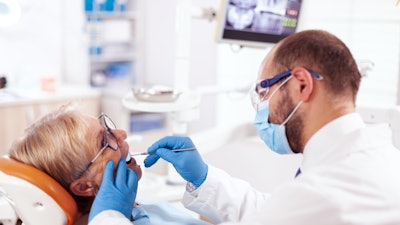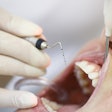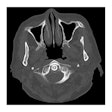
A drug commonly used to prevent organ transplant rejection, rapamycin, may also treat inflammatory bone loss diseases associated with clonal hematopoiesis of indeterminate potential (CHIP), like periodontitis. This research was recently published in Cell.
There may be a link between DNMT3A, the gene most mutated in CHIP, and the prevalence and severity of periodontitis, highlighted in animal models, the authors wrote.
"Our study further suggests that rapamycin may represent an effective intervention to mitigate the fitness advantage of DNMT3A-CHIP-mutant clones and suppress their impact on chronic inflammatory disease," wrote the authors, led by Hui Wang, a postdoctoral researcher at the University of Pennsylvania School of Dental Medicine (Cell, June 4, 2024).
Screening for CHIP may identify individuals at increased risk for severe periodontitis and related comorbidities. These individuals could benefit from therapeutic interventions aimed at blocking the abnormal expansion of CHIP clones, they wrote.
The study used animal models with a mutation analogous to a common human DNMT3A mutation found in CHIP. Mice with this DNMT3A mutation naturally developed periodontitis and showed worsened symptoms when periodontitis was experimentally induced.
Furthermore, the mutations caused an increase in bone tissue-degrading cells, higher levels of an inflammation-related protein, and impaired regulatory T-cell function, which normally keeps the immune response in check, according to the study.
The presence of the DNMT3A mutation also resulted in overactive signaling of mTOR, a mechanistic target of rapamycin, and a key regulatory pathway that controls cell growth, proliferation, and survival. This overactivation contributed to the expansion of these mutant clones' descendants and the heightened inflammatory response, they wrote.
However, the study had limitations. While it was found that CHIP due to DNMT3A mutations was associated with a higher prevalence and severity of periodontal disease, further research is needed to establish causality, the authors wrote.
"The protective effect of rapamycin on naturally occurring and experimentally induced bone loss in this study could likely be attributed to the drug's ability to restrain DNMT3A-driven CHIP and thereby limit the infiltration of hyper-inflammatory DNMT3A -mutant leukocytes into the periodontium," they concluded.




















